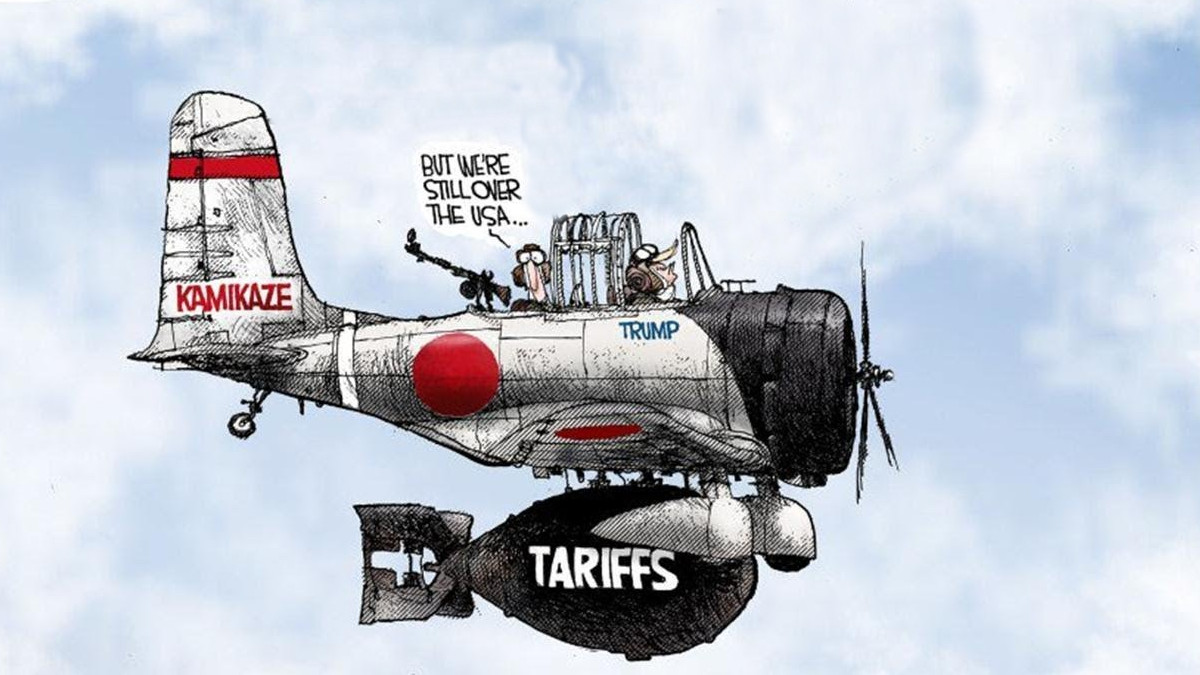Boeing and IAM Face a Crucial Vote

Seattle, WA – Boeing workers are set to vote on a new labor agreement today, a decision that could significantly impact the company’s financial health and future prospects. The tentative agreement, reached between Boeing and the International Association of Machinists and Aerospace Workers (IAM), offers a substantial pay increase of 25% over four years, including an 11% bump in the first year. However, the deal's ratification is far from guaranteed, as union members express mixed sentiments.
Key Points from the Tentative Agreement
- Significant Wage Increase: The proposed contract offers a 25% pay increase over four years, which would boost average annual pay by roughly 33% by 2028.
- Benefits and Future Plane Production: In addition to pay increases, the agreement includes enhanced retirement benefits, lower healthcare costs, and a commitment from Boeing to build its next plane in the Seattle area.
- Airbus Competition: Boeing's decision to launch a new plane program is driven by increasing competition from Airbus, which plans to introduce a new aircraft by the end of the decade.
- Financial Implications: A new plane program would put pressure on Boeing's free cash flow and could hinder its efforts to reduce its debt burden. However, failing to respond could lead to lost market share and lower profitability.
Union Discontent and Potential Strike
Despite the significant benefits offered in the tentative agreement, union members have expressed concerns and discontent. Some argue that the proposed pay increase falls short of their expectations, while others remain frustrated with Boeing's past decisions, such as the relocation of 787 production to South Carolina.
Union president Jon Holden has indicated that he expects workers to vote down the deal and potentially strike. A strike could have severe consequences for Boeing, including halted production, financial losses, and further strain on the industry's supply chain.
Investor Perspective
The outcome of the union vote will have significant implications for Boeing investors. A successful ratification of the contract would remove a major uncertainty and could provide a boost to the company's stock price. However, a strike would likely lead to a decline in share value and could further exacerbate Boeing's financial challenges.
Boeing's Plea for Ratification
Boeing CEO Kelly Ortberg has urged union members to ratify the agreement, emphasizing the importance of avoiding a strike and securing the company's future. He has highlighted the potential negative consequences of a work stoppage, including lost trust with customers and hindered recovery efforts.
Bottom Line
The decision by Boeing workers to ratify or reject the proposed labor agreement will have far-reaching consequences for the company, its employees, and investors. The outcome of the vote will determine whether Boeing can move forward with its plans for growth and recovery, or whether it will face further challenges and uncertainties in the coming years.







